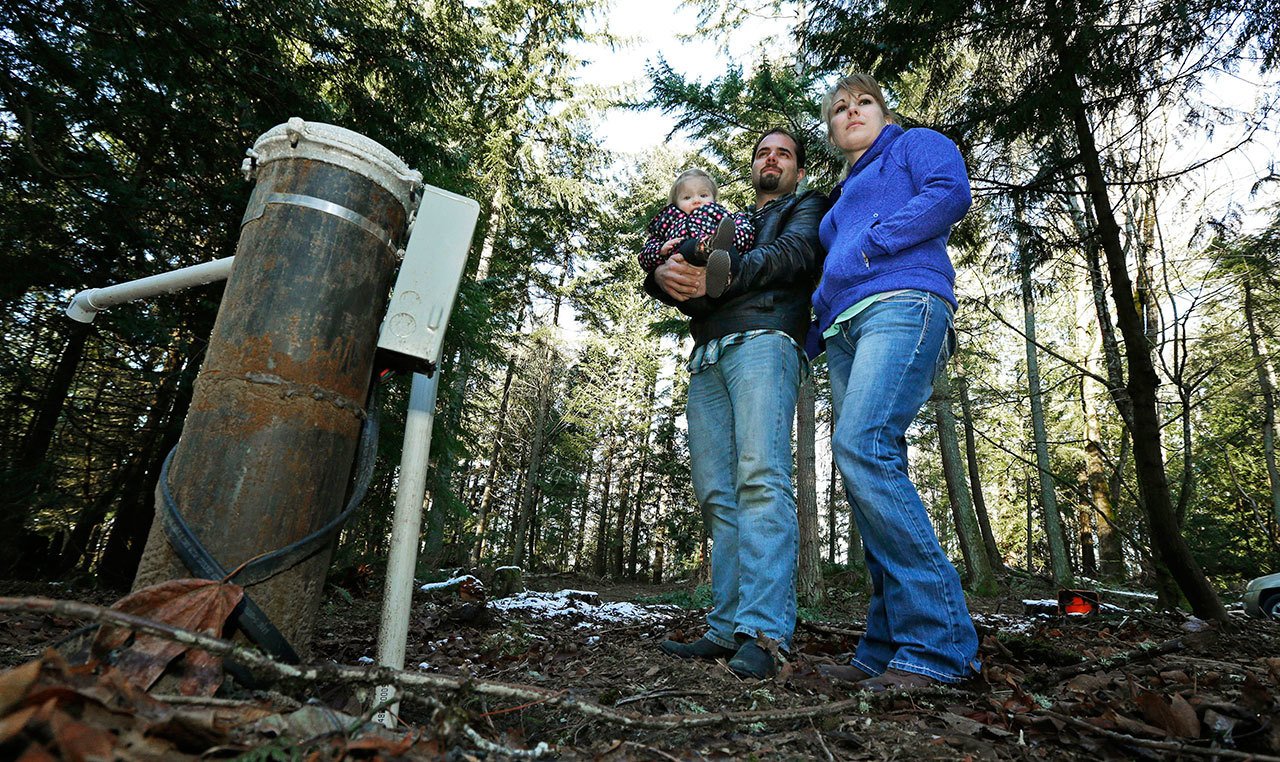By Phuong Le
The Associated Press
SEATTLE — Some lawmakers are taking aim at a recent state Supreme Court decision that put the onus on counties to determine whether water is legally available in certain rural areas before they issue building permits.
One bill sponsored by Sen. Judy Warnick, R-Moses Lake, amends parts of the state law at the heart of the ruling, known as the Hirst decision. County officials, builders, business and farm groups are among those supporting the measure, while environmental groups and tribes oppose it.
A competing bill sponsored by Sen. John McCoy, D-Tulalip, supports the court decision and sets up a program to help counties find ways to meet the requirements.
In October, the high court ruled that Whatcom County failed to protect water resources by allowing new wells to reduce flow in streams for fish and other uses. The court said counties must ensure, independently of the state, that water is physically and legally available before they issue building permits in certain areas.
In the wake of the ruling, some counties have temporarily halted certain rural development, while others changed criteria for obtaining a building permit.
At issue is a struggle to balance competing needs of people and wildlife for limited water, a challenge that has played out across the state for years.
“We face a situation where people in rural areas who don’t have the luxury of hooking up to city water now have very few options,” Warnick said in a statement, noting that many people rely on wells that previously were not an issue.
She said her measure, Senate Bill 5239, supports development in rural areas. It would allow counties to rely on state water rules, as they did before the Hirst decision, and ensure that so-called permit-exempt wells can be used for development.
Water is a “finite resource, and therefore we all need to work together to protect that resource,” McCoy said. “I don’t feel that anyone wants to injure anyone’s water right or seniority in this process, but we need to get to common ground.”
His proposal, Senate Bill 5024, allows counties to set up a program to offset water that otherwise would be withdrawn from a well. The county could, for example, create a “water bank” where people who need water obtain it from those who have water rights.
The bill would give counties five years to come up with alternative ways to get water; meanwhile, people in the program could get a certificate allowing them to build.
Commissioners from Spokane, Mason and Thurston counties told lawmakers their counties have relied on the state Department of Ecology to make water decisions, and they don’t have the resources to do the kinds of hydrological studies that would be required.
“We need a legislative fix, and 5239 is that fix,” said Mason County Commissioner Terri Jeffreys.
Bruce Wishart with the Sierra Club said SB5024 would allow for development to move forward while making sure it is done in a way that protects water kept in rivers for fish as well as for neighboring wells.
Dave Christensen of the Ecology Department told lawmakers the agency supported some elements of both bills but couldn’t support either as written.
Zach Nutting, a Whatcom County resident, begged lawmakers to fix the problem, saying he put thousands of dollars toward building a home on a 5-acre property but hasn’t been able to get a building permit because “the well they told me I could drill, I can no longer drill.”
Tim Ballew, chairman of the Lummi Nation, acknowledged the ruling’s impact on people wanting to build a home. But he said recent Supreme Court decisions “have all protected senior water rights holders that have been based on state laws dating back to 1917.”
“I urge legislators to take a deep breath before considering rewriting 100 years of water policy,” Ballew said.

